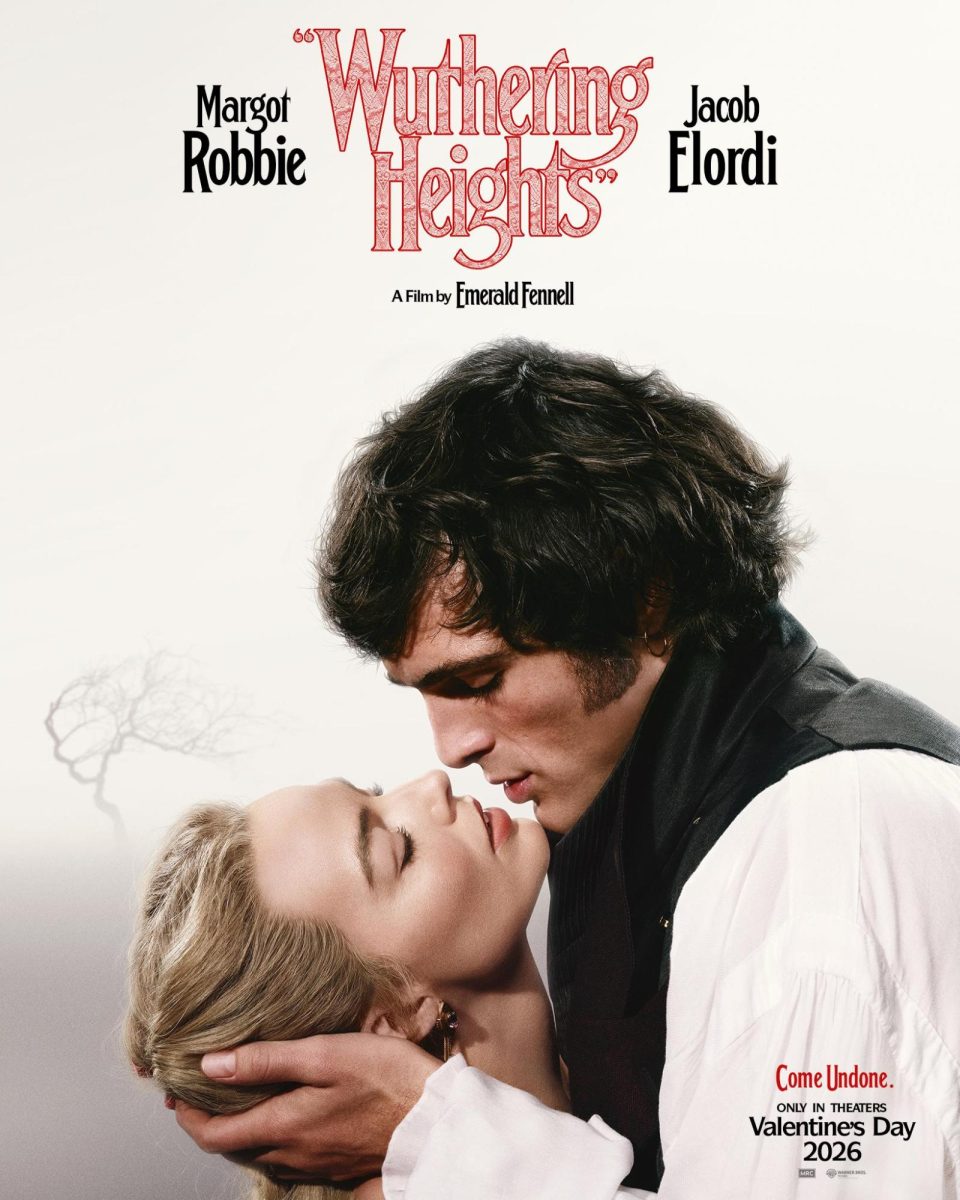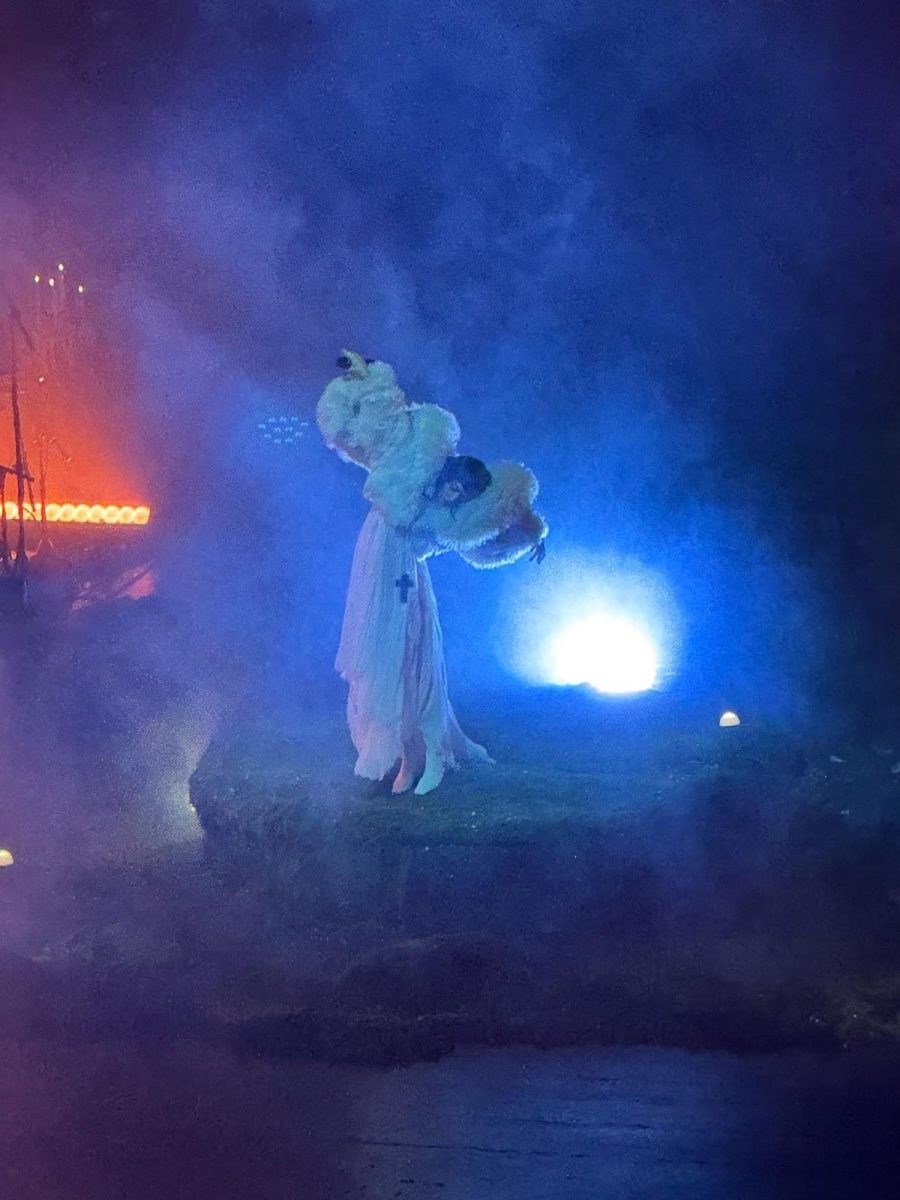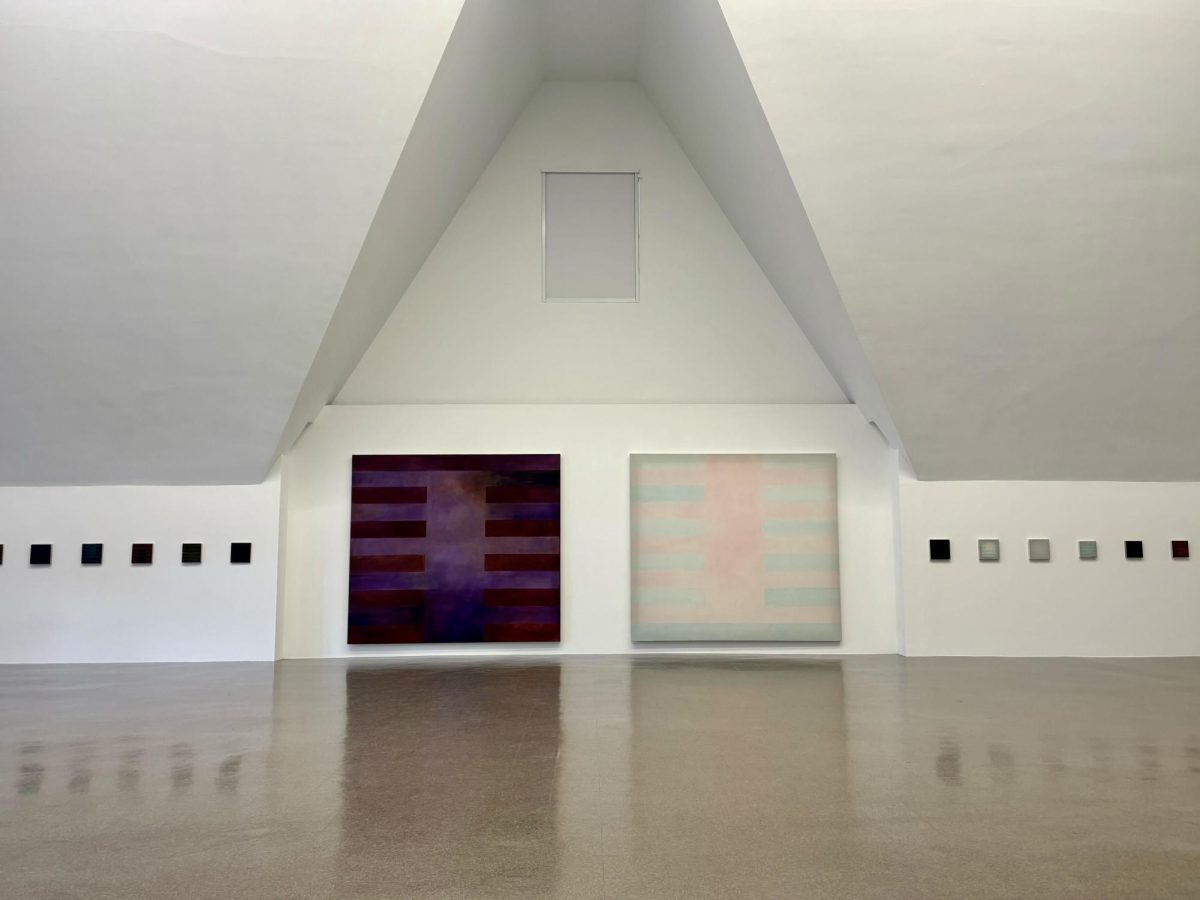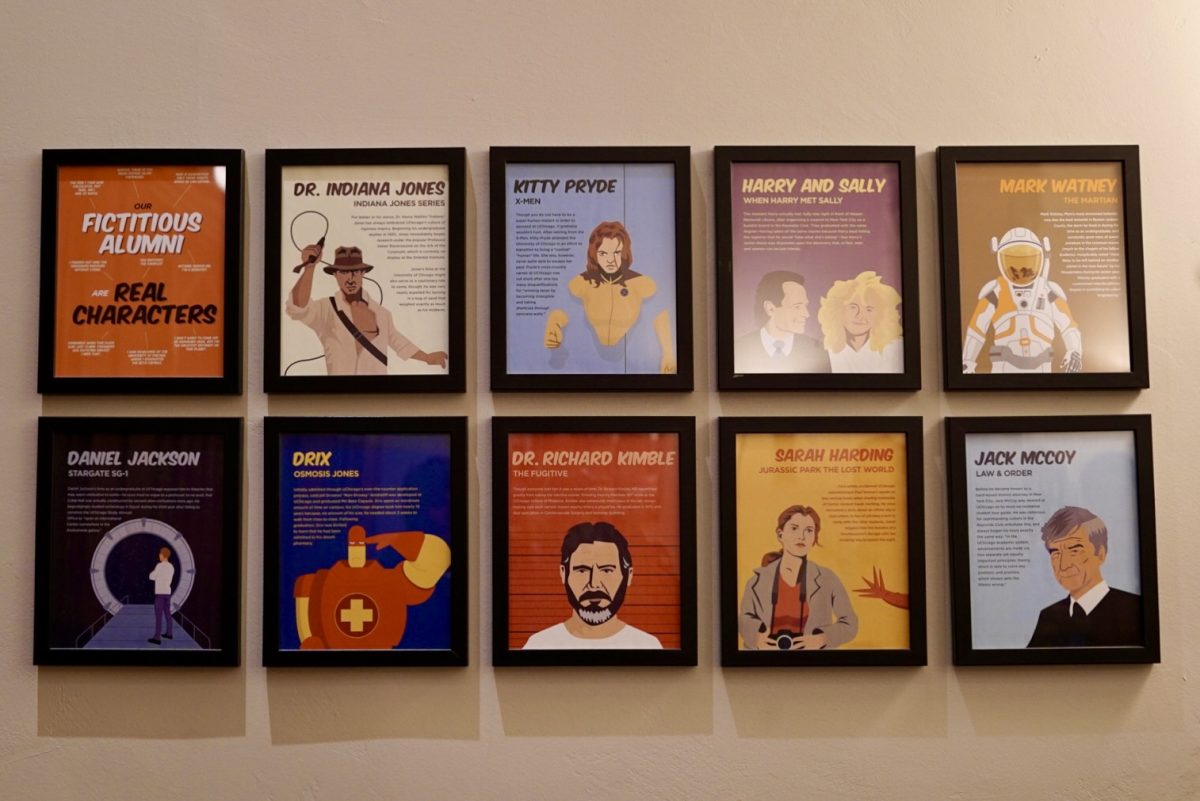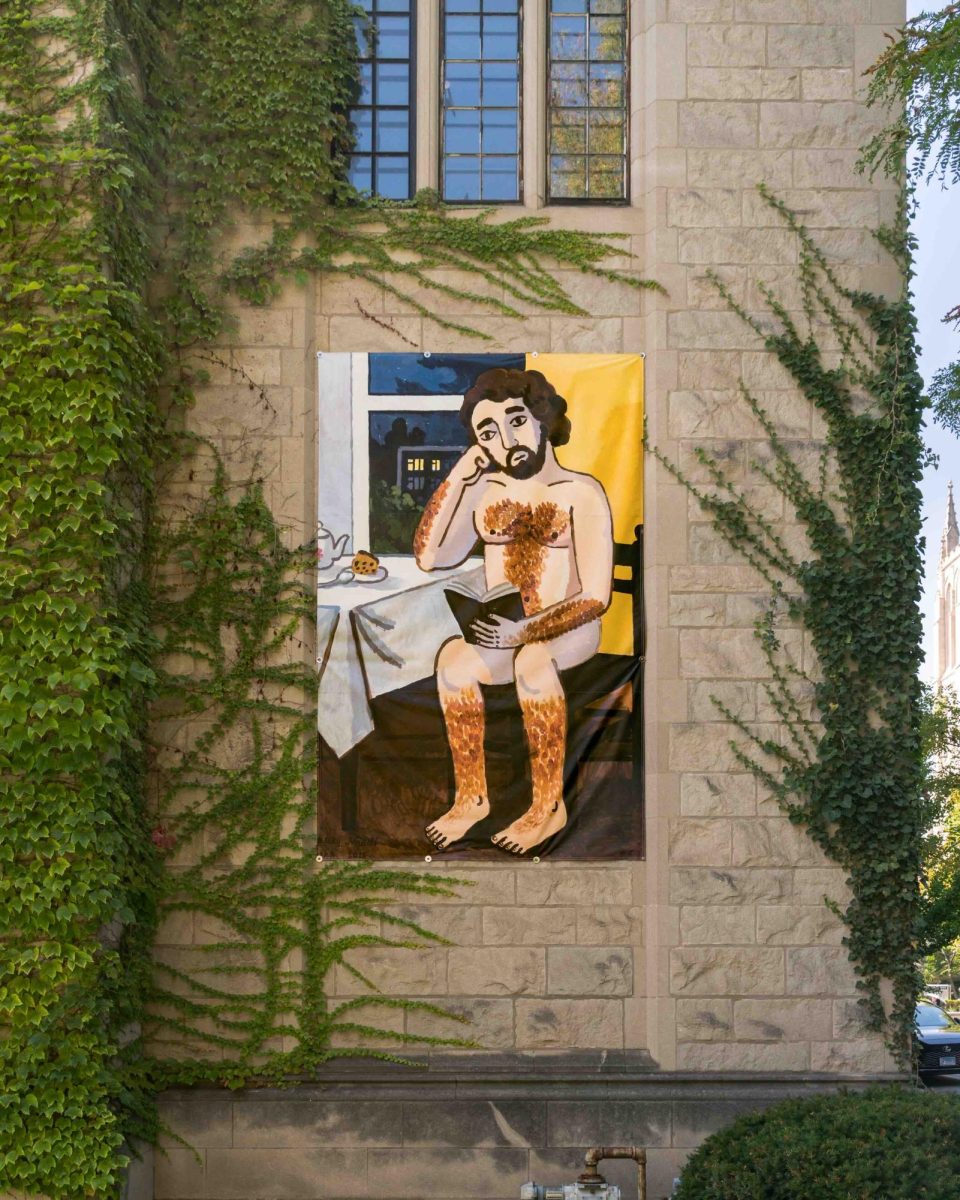For the ninth year in a row, University of Chicago students and the greater South Side community had the opportunity to hear incredible local artists at the Hyde Park Jazz Festival last weekend. Attracting huge crowds at venues throughout Hyde Park, this two-day festival featured nearly 40 artists spanning a wide variety of jazz genres including American jazz standards, Latin American jazz, and debuts of new compositions.
What was most exciting about this year’s festival was the number of performers from the Chicago area. Unlike many well-known festivals—like the Newport Jazz Festival—the Hyde Park Jazz Fest focuses less on attracting “name-brand” artists and focuses more on lesser-known, but equally masterful artists raised and trained in Chicago, some even from Hyde Park itself.
One standout Chicago native was pianist Alexis Lombré, who performed with her quintet at the Hyde Park Union Church on Saturday afternoon. Lombré, who started her freshman year this fall at the University of Michigan School of Music, Theater, and Dance, performed with musicians much older than herself. However, she not only held her own with her more experienced counterparts, but also played with a poise and confidence that hailed clear respect from her bandmates.
As a bandleader, Lombré was gracious, taking solos only as long as those of her colleagues. Especially notable was trumpet player Justin Copeland who, of all the band members, used the most diverse array of techniques and ideas while improvising. He altered metrical feel, quoted some well-known jazz standards, and fully explored the trumpet’s immense range—his ability to consistently hit notes in the altissimo register was particularly impressive.
While the band seemed to struggle a bit with the booming acoustics of the church, the communication between band members was excellent. During “Cherokee,” a lightning-fast tune by Ray Noble, the band did not let the tempo slip once. After a rocky start, they regained their footing and remained fully together throughout the duration of the tune.
As a finale, the quintet played the quintessential jazz classic “Maiden Voyage” by jazz legend Herbie Hancock, in an arrangement by Lombré that was entirely modern. She revamped all of the chords, and only at the very end, after a lengthy solo section, did she reveal the familiar Hancock melody. The arrangement was an original twist on a guaranteed crowd-pleaser, and the perfect way to end the concert.
Lombré was not the only musician experimenting with new ideas at this year’s festival. Later that evening, world-renowned jazz violinist Regina Carter challenged a nearly full Rockefeller Chapel to rethink the way we view the violin. For those used to hearing the violin in a classical context, Carter’s bending of notes initially seemed jarring. However, she soon convinced the audience that the violin need not be confined to orchestral playing.
Carter, who performed with well-known jazz pianist Xavier Davis, played with a sensitivity, vulnerability, and honesty that was very well-received. Audience members clapped in the middle of her solos out of sheer joy. Her level of comfort on stage was evident; she played mostly with her eyes closed and swayed peacefully with the music, always smiling. Both she and Davis seemed so at ease on stage that it was as though the audience was witnessing a private jam session.
This excitement and love for jazz was palpable up until the very end of the festival. The final performance of the weekend was by jazz legend and Hyde Park resident Willie Pickens, who has played with Max Roach and other jazz heavyweights. His Sunday evening performance embodied all that the Hyde Park Jazz Festival stands for: great music and a love for Hyde Park and its residents.




